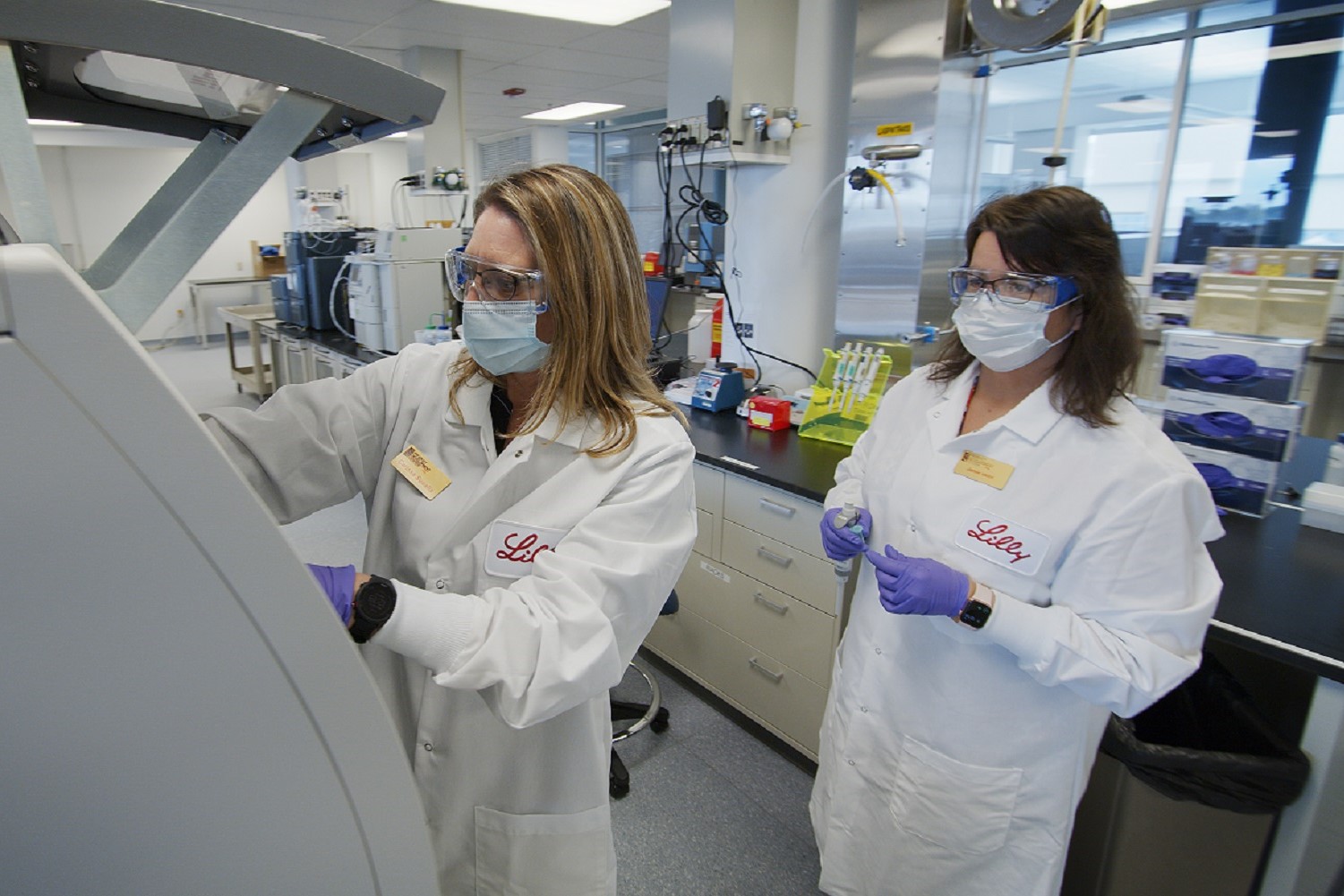This year’s flu vaccine has proven to be an unfit match to the prominent strain. It’s unfortunate, but it has happened before. But what if there was a universal influenza vaccine that could just take care of business once and for all?
Researchers at McMaster University and the Icahn School of Medicine at Mount Sinai, New York might just be onto something with a new study that could do the trick, thanks to a recent discovery of a new class of antibodies.
“Unlike seasonal vaccines, which must be given annually, this type of vaccine would only be given once, and would have the ability to protect against all strains of flu, even when the virus mutates,” said Matthew Miller, an assistant professor in McMaster’s Department of Biochemistry and Biomedical Sciences at the Michael G. DeGroote School of Medicine. “This would prevent the occurrence of flu pandemics and poor vaccine efficiency in the case of mismatches, which actually occurred this year.”

With the Rise of AI, What IP Disputes in Healthcare Are Likely to Emerge?
Munck Wilson Mandala Partner Greg Howison shared his perspective on some of the legal ramifications around AI, IP, connected devices and the data they generate, in response to emailed questions.
The study, published Wednesday in the Journal of Virology, shows that when comparing the potency of an isolated strain-specific flu antibody, which current vaccines generate, with an isolated broadly-neutralizing flu antibody (a universal vaccine) in a lab setting, the latter actually has much weaker neutralization activity. This sounds bad, but the good news is that the universal antibodies are just as affective when isolated from human blood – which is a good sign?
There’s still a ways to go to understand how these broadly-neutralizing antibodies work, but this is the first breakdown of how they work in a natural context. As the researchers point out, the subtype of antibodies in the lungs and upper respiratory system are particularly potent in neutralizing flu.
“This is also very encouraging and provides guidance as to what vaccine would be best for delivering a universal flu vaccine – that is, inactivated versus live-attenuated,” added Miller.
“Inactivated” is the flu vaccine, as we know it now.
“The attenuated vaccine is created by reducing the virulence of the pathogen, but still keeping it viable or ‘live,'” as News Wise put it. “The attenuation allows the virus to replicate harmlessly in the upper respiratory tract so that an immune response can be generated, but renders it useless at infecting the lung where disease normally occurs.”
If this universal vaccine actually comes to fruition, it would mean saving a huge number of lives each year, which would be a remarkable feat for the scientific community.














